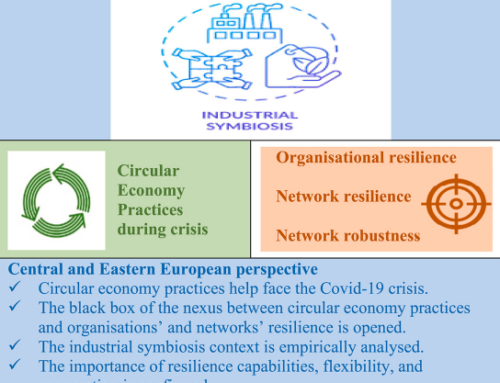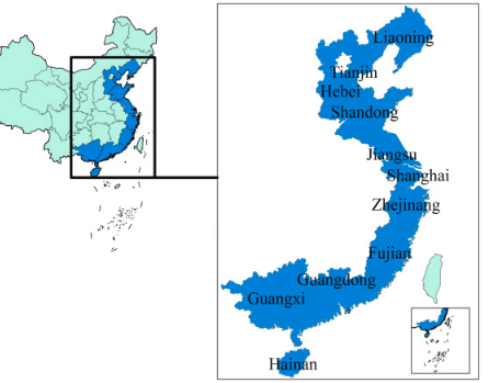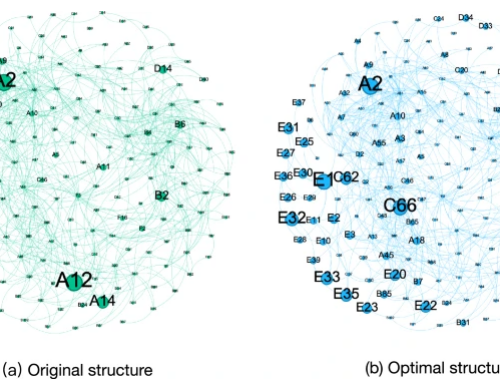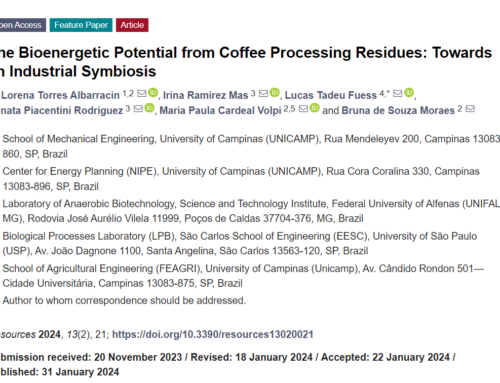To establish portfolio management for European Commission-funded projects, 28 Industrial Symbiosis projects were analyzed in 14 different sectors and 2 IS sites. In the analysis, facilitation is one of the most important goals in fostering the establishment of IS. In this context, it is suggested to develop the facilitation framework, involve suitable actors as potential facilitators and establish a community of practice to provide guidelines for IS.
The framework for IS is based on the understanding that earth’s resources are limited and on the concept of reduce, reuse, recycle. Reducing and replacing resources is not only a matter of quantity; impact, in terms of cost, environmental damage and availability should also be considered. The approach of circular economy aims at minimizing waste and making the most of the resources available. In a circular system, resource input, waste, emissions and energy leakage are minimized by closing material and energy loops. In 2018, the European Committee for Standardization workshop agreement on IS defined IS as “Industrial Symbiosis is the use by one company or sector of underutilized resources broadly defined from another, with the result of keeping resources in productive use for longer”. From this it becomes clear that there is a need to have a more systemic approach to achieve a zero-waste circular economy.
European Commission started preparing an intensive co-design process to create the first Horizon Europe strategic plan, focused on Horizon Europe’s Global challenges and European industrial competitiveness. The objectives of this report are to provide:
- A review of current projects in Industrial Symbiosis
- Insights of practitioners devising and implementing Industrial Symbiosis
- policy recommendations for the European Commission and future initiatives
The report focusses on commonalities, best practices, barriers, benefits, impact, and policy recommendations.
To find out more about the report, follow this link.







